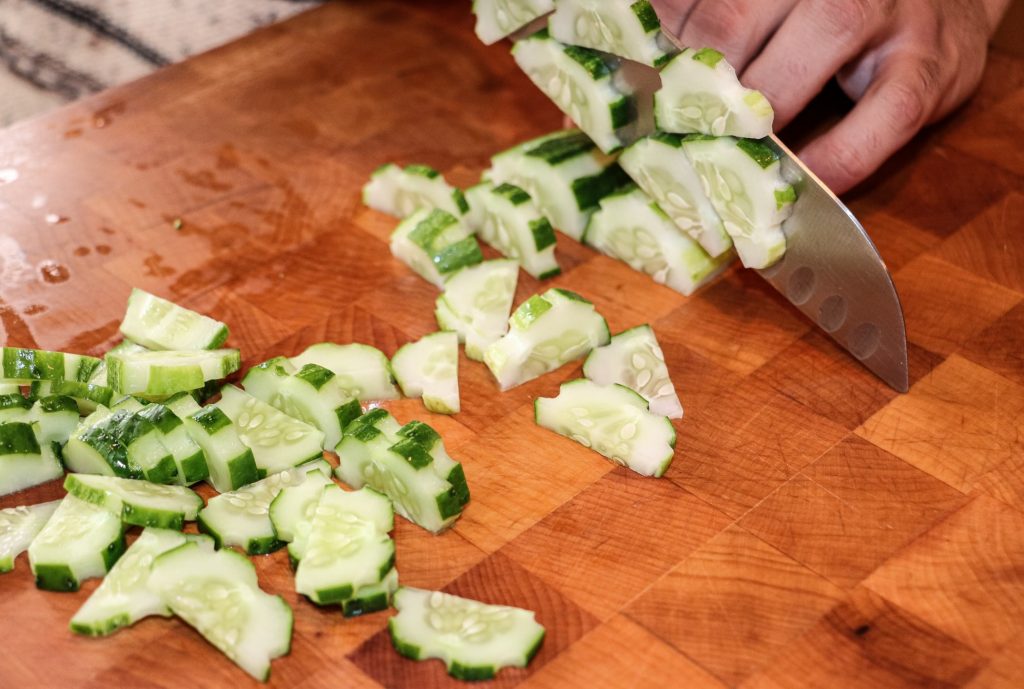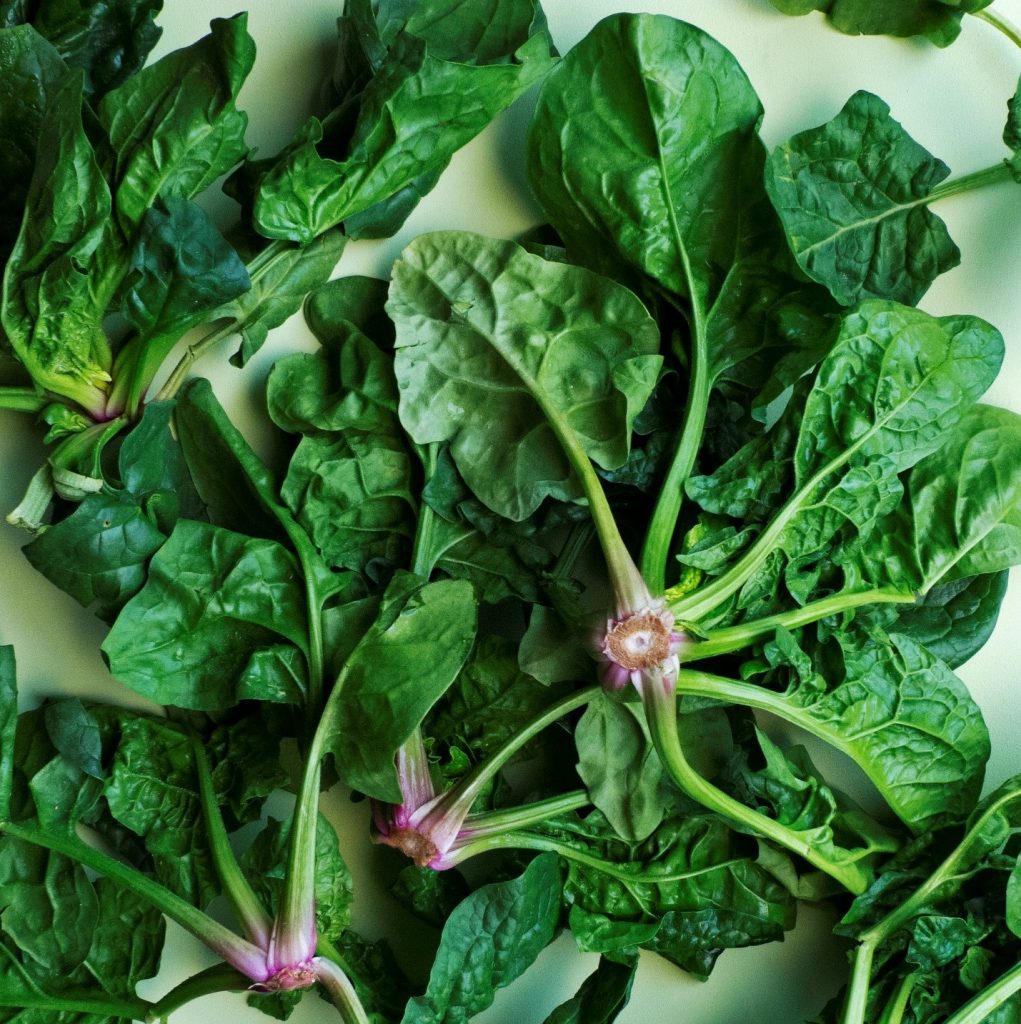Electrolytes, the essential minerals that your body needs for optimal functioning, can easily get flushed down together with all the water you’ll be losing on your keto diet. It’s important to keep track of electrolytes, eat food that provides some for you and supplement if needed. The three main minerals that you should be mindful of are sodium, potassium and magnesium: all three of these can be found in food, so if you’re not a fan of taking artificial supplementation, don’t worry – you don’t have to use supplements if you eat the appropriate food for your diet. In this article from Lowcarb Online New Zealand, we take a look at the foods that can provide electrolytes for you, and the side-effects of electrolyte deficiencies.

Electrolyte deficiency will make you feel like you’ve got the keto flu
If you’re deficient in one of the main three electrolytes, you may be having headaches, muscle cramps, heart palpitations, experiencing fatigue, insomnia, brain fog and loss of strength, and you may also be aware of your heartbeat, especially when resting. They are all very uncomfortable side-effects of what is also called the keto flu, the period during which your body is adapting to burning fat for energy. The keto flu is actually a direct consequence of being electrolyte-deficient, and supplementing with these minerals can bring you immediate relief. You can’t be sure which electrolyte is creating issues for you, but we can reassure you that you’ll be needing a moderate amount of each for your body to function with its maximum efficiency every day. The keto diet aims to improve your health in the long run, and electrolytes are essential for this improvement.
Don’t let your body feel dehydrated
As mentioned before, you will be losing a lot of water while eating keto. That doesn’t mean that you should drink more water than you feel comfortable with: drink to thirst and include other liquids into your diet, such as soups, tea or coffee, in order to stay fully hydrated and preserve electrolytes. The amount of water you’ll need per day depends on your activity levels, the place you live in the world and its climate, your age and build… So don’t bother yourself with all these calculations, and just do your best to not keep your body thirsty for too long.

Eat your veggies daily and you won’t lack POTASSIUM
Potassium is the mineral that you can receive from various food, but mostly vegetables. This mineral is very important on keto: the recommended daily intake of potassium for an adult is 4700 mg. The best potassium sources are leafy greens, cucumbers, zucchini, avocados, broccoli, cauliflower, mushrooms, eggplants, but also meat and seafood. It would be ideal if you could reach your daily needs solely through food; potassium supplements are rare because potassium overdose can be dangerous; but don’t worry, if you stick to food only, it’s impossible to reach the dangerous levels even if you eat a big keto salad. The only way to supplement with potassium is through salt alternatives that are sold in some health stores. If you decide to use a supplement, don’t forget to track your intake and only take some if you’re done eating but haven’t reached your goal amount of potassium for that day. If you have a chronic kidney condition, discuss the keto diet with your nephrologist as potassium-high diets are not suitable for you.

Much healthier than you think: SODIUM
Sodium is one of the easiest electrolytes to find and consume: 12-18 g of simple table salt can provide enough sodium for you; 5000-7000 mg per day. You might need more sodium on days when you’re physically active or if you live in a hot climate that causes you to sweat more. Sodium is important for your basic bodily functions; keto will, in addition, lower your blood pressure which will allow sodium to have a positive impact on your health as well. Salt is not unhealthy on keto; your kidneys process much more salt than on a high-carb diet, and you need to make sure that they’re not out of “fuel” by having a balanced intake of sodium every day. In order to supplement with sodium, just add salt to your food or water, drink some bone broth or eat pickles, bacon, shrimp, low-carb deli meat, hard cheese, canned food, pork rinds, soy sauce… There are also sodium tablets, but most of the time you won’t be needing them to reach your daily needs. Most of the food you eat, in fact, will contain at least some sodium, so as you enter them in your tracking app, you will eventually learn all the possible sources you can get some sodium from.

And last but not least, MAGNESIUM
Magnesium, unlike the previous two electrolytes, can be found in keto-friendly food less often than required: around 300-500 mg of this mineral is required daily. The usual magnesium sources for the keto diet are spinach, almonds, avocado, cocoa powder and certain types of fish, such as mackerel and Pollock. If you don’t include this food into your daily macros every day, as most people do not, you will need to get some supplements in order to reach the recommended daily intake. Choose magnesium glycinate, citrate and chloride in order to absorb the supplement more easily, but if they still cause cramps and an upset stomach for you, start taking magnesium with food in order to avoid this side-effect.

Keep your electrolytes in check; keep your body healthy
Keto is a diuretic diet; you’ll be losing all those important electrolytes at a faster rate than usual. At the same time, they are very important for this diet, as they allow you to get through the adaptation phase without any negative side-effects and keep you healthy throughout your diet. You can add electrolyte-friendly food to your daily macros, or supplement with these minerals in many ways, from simply adding some salt to your water to taking supplements from the pharmacy; the choice is yours, as long as you don’t forget to follow your recommended daily intake for all three main electrolytes. You can find the supplements you (might) need on our website as well, at lowcarbonline.co.nz!



